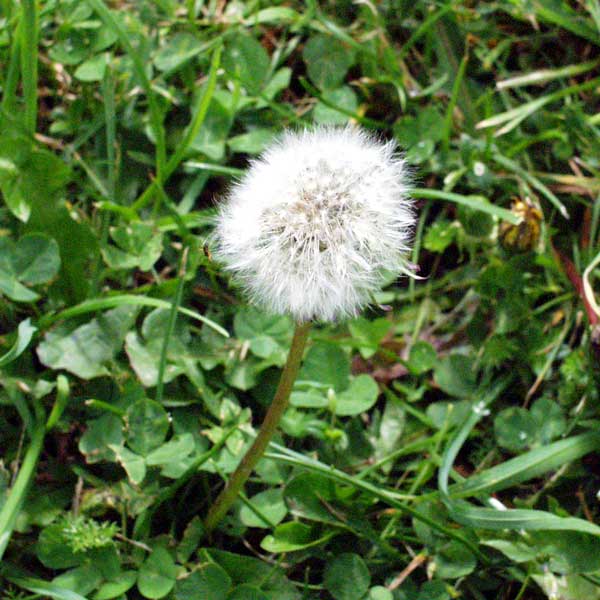Interesting article from the NYTimes:
Panel Says Child Cold Medicines Are Ineffective
SILVER SPRING, Md., Oct. 19 — A Food and Drug Administration panel of experts voted overwhelmingly today that there was no evidence that popular pediatric over-the-counter cough and cold medicines have any effect.
More studies are needed to determine whether any of the ingredients commonly found in popular cold remedies are actually effective in children. Even in adults, the evidence is “modest at best” that the drugs actually work, said Dr. Mary E. Tinetti, the chairwoman of the panel who is a professor at Yale University School of Medicine.
The panel cited a growing number of studies that have found that popular cough and cold drugs work no better than placebos in ameliorating the effects of the common cold in children. And they said that it was time to throw out the assumption that drugs that help adults will always work just as well in children.
“Children are not just small adults,” said Dr. Jesse Joad, a panel member who is a pediatrician from the University of California Davis Medical Center.
Children’s cough and cold medicines were approved in the early 1970s when regulators generally assumed that adult drugs were always helpful in children. Since then dozens of adult drugs have been found to be entirely ineffective, and sometimes even dangerous, in children.
Whether drug makers will follow through on these recommendations to undertake large studies is far from clear. Nearly all the medicines commonly used in over-the-counter remedies long ago lost patent protection, so any money that manufacturers spent on studying these drugs would also benefit competitors who spent nothing.
The panel’s vote is a reminder that many of the drugs Americans commonly use have never been examined closely and may not work. Standards for clinical trials have changed dramatically over the last 30 years, but thousands of drugs presently sold were approved under older, less stringent standards.
There are about 800 different pediatric cough and cold products sold in the United States that use one or more of 39 different drugs. Parents spend around $500 million every year buying nearly 95 million boxes containing 3.8 billion doses of medicine.
Studies have not only failed to prove that the drugs are effective, but a growing number of reports show that they have dangers.
Daniel A. Mannello of Largo, Fla., told the committee that the pediatrician for his son, Dennis, suggested that he be given Dimetapp as an infant, and the medicine caused scarring in the boy’s brain that has led to chronic seizures. Dennis, now 9, is facing brain surgery to relieve the debilitating condition.
“Please do the right thing and remove these drugs from the shelves immediately,” Mr. Mannello said.
Dr. Geoffrey L. Rosenthal, a panel member who works at the Pediatric and Congenital Heart Center at Children’s Hospital in Cleveland, Ohio, said that pediatric cough and cold medicines can be particularly dangerous for children with unrecognized congenital heart problems.
“In my pediatric cardiology practice, we uniformly suggest that patients avoid these medications,” Dr. Rosenthal said.
Dr. David I. Bromberg, a district vice president for the American Academy of Pediatrics, said that his organization believed that the product labels should warn parents that they are ineffective and, in rare instances, dangerous in children younger than 6.
“The current labeling of these products is therefore inaccurate, inadequate and dangerous,” Dr. Bromberg said.









